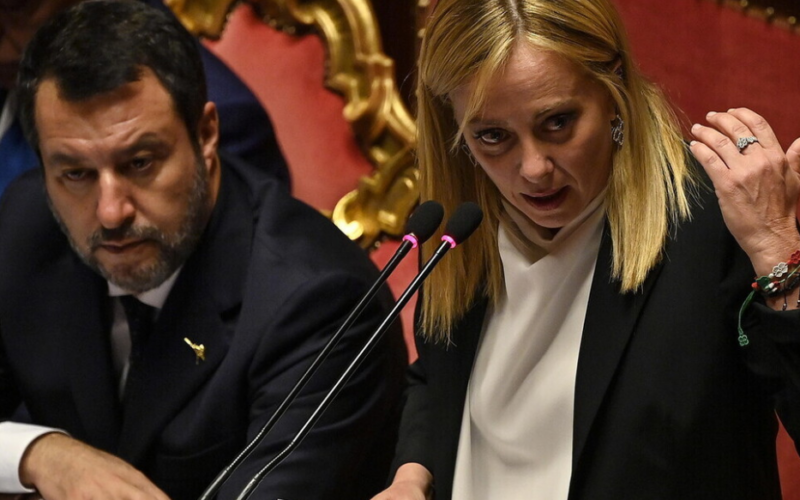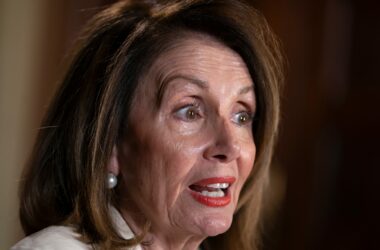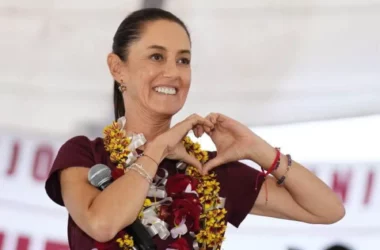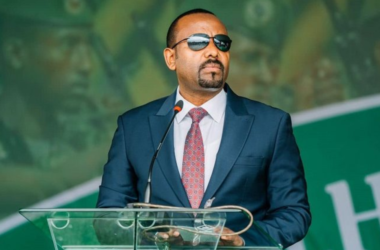Matteo Salvini, once hailed as a rising star in European far-right politics, finds himself grappling with a challenging predicament as he endeavors to reclaim his political prominence amidst the overshadowing ascendancy of his ally, Giorgia Meloni. Salvini’s League party, which once surged to prominence, now faces a formidable task of revitalization, with its leader’s popularity waning in the wake of Meloni’s meteoric rise and the changing landscape of Italian right-wing politics.
Five years ago, Salvini’s League party achieved a resounding victory in Italian EU parliamentary elections, securing a third of the vote and solidifying Salvini’s status as a prominent figure in European politics. However, the subsequent years have witnessed a shift in fortunes, with Salvini’s political stature diminishing even as Italy ushered in its most right-wing government since World War II, with Meloni’s nationalist Brothers of Italy party ascending to prominence.
Despite Salvini’s attempts to rejuvenate his party’s fortunes by adopting more hardline positions on issues such as crime and relations with Brussels, his efforts have thus far failed to resonate with voters. Ahead of new European parliament elections in June, Salvini’s League finds itself polling below 9%, while Meloni’s party commands close to 30% support, consolidating its position as Italy’s largest right-wing force.
The divergence in fortunes between Salvini and Meloni underscores the shifting dynamics within Italian far-right politics, with Meloni emerging as a formidable challenger to Salvini’s dominance. Salvini’s attempts to steer his party further to the right in a bid to regain lost ground have been met with internal dissent and skepticism over the efficacy of his strategy.
While Salvini’s rightward lurch has engendered discontent within his own party ranks, it also poses challenges for Meloni as she seeks to project her government as a reliable partner in Europe and beyond. The ideological divergence between Salvini and Meloni complicates efforts to present a cohesive front, with Salvini positioning himself as the flagbearer of a radical, anti-EU agenda while Meloni seeks to bridge the gap between mainstream conservatives and hardliners.
The impending European parliament elections serve as a critical juncture for both Salvini and Meloni, with Salvini facing mounting pressure to deliver results or face potential internal repercussions. The prospect of a leadership showdown looms large within the League, with Salvini’s grip on power increasingly tenuous in the face of dwindling public support.
Meanwhile, Meloni faces her own set of challenges as she navigates the delicate balance between consolidating her party’s gains and maintaining stability within the coalition government. The possibility of Meloni standing as a candidate herself in the June elections underscores the high stakes involved, with the outcome likely to have far-reaching implications for the future trajectory of Italian politics.
As Salvini and Meloni vie for dominance within the Italian far-right landscape, the future of right-wing politics across Europe hangs in the balance. The contrast between Salvini’s populist rhetoric and Meloni’s more establishment-friendly approach highlights the broader ideological fissures within the right-wing camp, underscoring the complexities of navigating shifting political currents in an increasingly polarized political landscape.
Ultimately, the outcome of the upcoming elections will not only determine the fate of Salvini and Meloni but also shape the contours of Italian politics for years to come. Whether Salvini can successfully extricate himself from Meloni’s shadow and reclaim his status as a leading figure in Italian politics remains to be seen, but one thing is certain: the battle for supremacy within the Italian far-right is far from over.








